Our Team
Steering Committee
Providing management and oversight of our global work
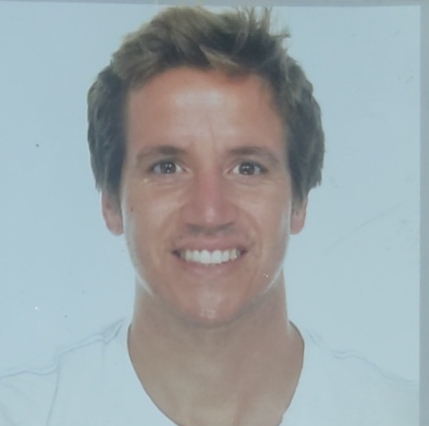
Íñigo Navarro
Chair
Dr Iñigo Navarro is a dermatologist with a focus on infectious dermatoses and global health. He has previously worked in Malawi—supporting the integrated dermatological health care project Dermalawi’s —and on Réunion Island and Mayotte. He is currently a consultant dermatologist at Dr. Molina University Hospital in Lanzarote, Canary Islands, Spain. He is a member of the Infectious Diseases Group of the Spanish Academy of Dermatology and Venereology and of the French Society of Dermatology.

Wendemagegn Enbiale
Vice-Chair
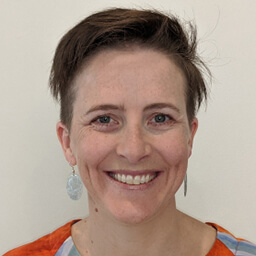
Myra Hardy
Secretary
Dr Myra Hardy is a paediatric infectious diseases physician with a strong interest in global health that stems from her early research evaluating the burden of rheumatic heart disease in schoolchildren in Tonga. During her paediatric training she has worked in Melbourne, Darwin, Solomon Islands and Canada. She completed her PhD based in Fiji investigating the safety and efficacy of ivermectin, diethylcarbamazine, and albendazole for lymphatic filariasis control and the non-inferiority of one-dose versus two-dose ivermectin-based MDA for the community control of scabies. Her postdoctoral research continues to focus on solutions for these neglected tropical diseases.
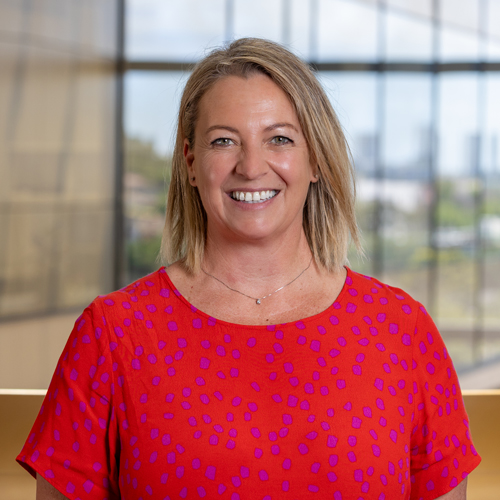
Lucia Romani
Treasurer
Dr Lucia Romani is a global health epidemiologist and Group Leader of the Global Health Trial Group at the Kirby Institute, UNSW Sydney, with over 15 years’ experience leading infectious disease research in low- and middle-income countries. She is recognised for her pioneering work on neglected tropical diseases in the Pacific, including large clinical trials and mass drug administration programmes. She has secured more than $29 million in research funding from major national and international agencies, and her work has been published in leading journals including The New England Journal of Medicine and The Lancet. Her contributions have earned multiple honours, including the 2023 L’Oréal-UNESCO for Women in Science Fellowship and the Australian Museum Eureka Prize for Infectious Diseases Research.
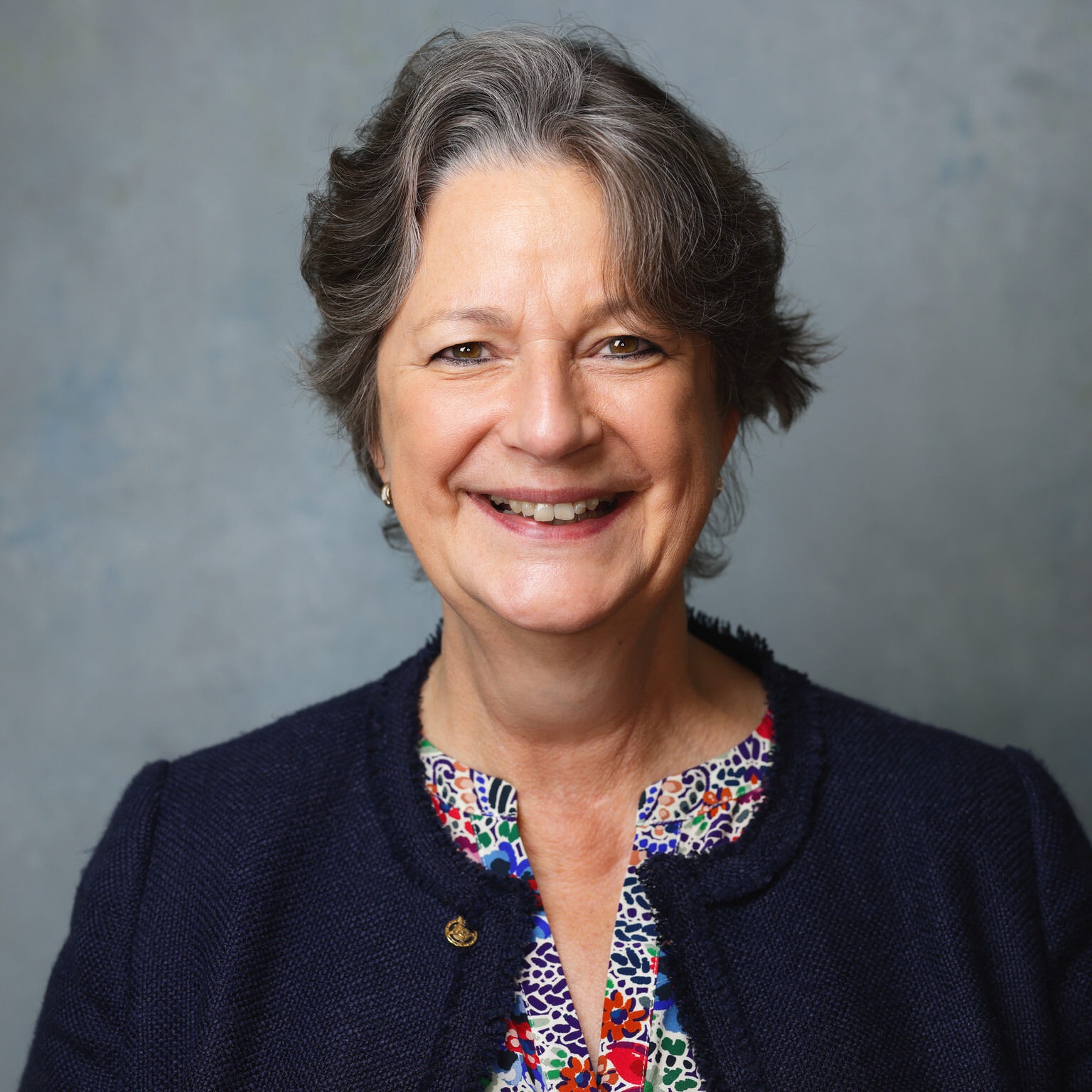
Claire Fuller
Ordinary Member
Dr Claire Fuller is a Board Member of the International League of Dermatological Societies (ILDS) and Chair of International Foundation for Dermatology (IFD). She is a Consultant Dermatologist and Head of Department at Chelsea and Westminster Hospital NHS Foundation Trust, London. As a former Senior Lecturer at the Regional Dermatology Training Centre, Moshi Tanzania she has clinical experience of the practicalities of teaching and working in resource poor settings. Her research interests are in dermatological epidemiology in resource poor settings with a particular focus on neglected tropical diseases. In additional to her clinical expertise as a general and paediatric dermatologist for patients of darker skin types, she is also leads a genital dermatoses specialist skin service in the UK.

Cristina Galván Casas
Ordinary Member
Dr Cristina Galván Casas is a dermatologist specialising in neglected tropical skin diseases, particularly scabies. She has worked as a dermatologist in public hospitals and private practice in Madrid, Spain, and as a researcher on scabies, COVID, and MPOX in the STI and Skin NTD Unit of the Fight Infections Foundation. She has experience treating scabies outbreaks in the Sahrawi refugee territories and in rural areas of Malawi. She founded, and directed for seven years, the DerMalawi integrated dermatological care project. She is a mentor in the Gloderm mentoring program. Now retired, she chairs the Humanitarian Dermatology Unit of the Spanish Academy of Dermatology, is a core member of the WHO Working Group on Wound Care and Rehabilitation, leads the Capacity Building subgroup of the IDLS Working Group on Migrant Health, and is a member of the IDLS-WHO Working Group on Emerging Diseases subgroup.

Daniel Engelman
Ordinary Member
Dr Daniel Engelman is a Consultant Paediatrician at the Royal Children’s Hospital, Melbourne, and Team Leader / Clinician-Scienstist Fellow in Tropical Diseases at the Murdoch Children’s Research Institute and University of Melbourne, Australia. He has clinical experience in high scabies prevalence areas in northern Australia and the Pacific. Daniel’s current research and public health interests include the diagnosis, treatment and community control of scabies, integrated control of NTDs affecting the skin, and prevention of rheumatic heart disease.

Michael Marks
Ordinary Member
Prof Michael Marks is an NIHR Research Professor and Professor of Medicine at the London School of Hygiene & Tropical Medicine. Michael lived in the Solomon Islands between 2013-2015. He now works in both the Pacific and Africa on strategies for the control of Neglected Tropical Diseases in particular, scabies and other NTDs that affect the skin.
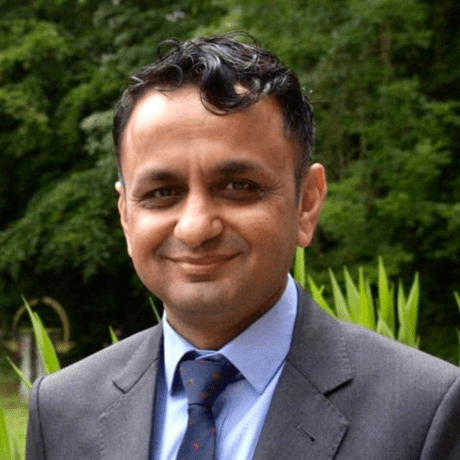
Niraj Parajuli
Ordinary Member
Dr Niraj Parajuli is currently serving as the Senior Consultant Dermatologist and Associate Professor at National Academy of Medical Sciences, Bir Hospital in Nepal. He has been practicing dermatology for the last 15 years with a keen interest in Skin-related NTDs and rare skin diseases. He is the current Vice-Chair for NTD NGO Network Skin Cross Cutting Group. He was also the General Secretary for the Society of Dermatologists, Venereologists and Leprologists of Nepal (SODVELON) from 2023-2025.
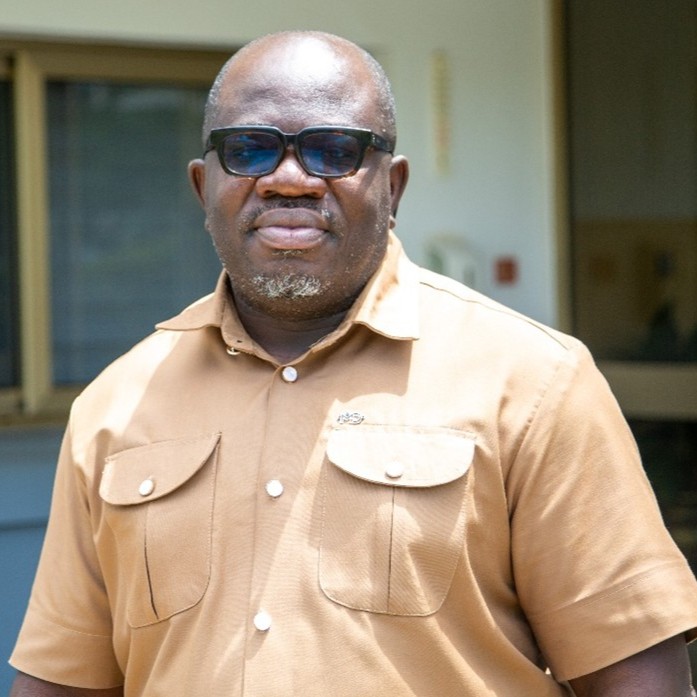
Yaw A. Amoako
Ordinary Member
Dr Yaw A. Amoako is a physician‐scientist, with a strong background in internal medicine, global health and epidemiology. He has a deep understanding of the clinical, social, and systemic challenges posed by infectious diseases, particularly in low-resource and marginalised communities. He currently serves as a faculty member in the Department of Medicine, at Kwame Nkrumah University of Science and Technology (KNUST), and Infectious Diseases Physician at the Komfo Anokye Teaching Hospital in Ghana. His research interests span infectious diseases & tropical medicine and is a Senior Researcher at the Kumasi Centre for Collaborative Research in Tropical Medicine (KCCR) where he leads research on the epidemiology and control of neglected tropical diseases (NTDs). He has contributed to multi-institutional projects, organized workshops, and participated in multiple international working groups.
IACS is supported by the Secretariat of the International League of Dermatological Societies (ILDS).
Advisory Group
Providing research, political and educational support to IACS

Dirk Engels
Dirk Engels graduated as a medical doctor in 1979. He further holds diplomas in tropical medicine and hygiene, epidemiology, a Master’s degree in health services research, and a PhD in parasitology. During the first 16 years of his professional career he successively worked in clinical tropical medicine, public health and tropical disease control, in Zambia, Zimbabwe, Burundi, Rwanda and Senegal, mostly serving people in poor rural settings. In 1998 he joined WHO where he was instrumental in developing norms and standards for the implementation of integrated large-scale preventive treatment interventions for the control or elimination of multiple tropical diseases. As Director of the Department of Control of Neglected Tropical Diseases, he steered the global expansion of interventions for the control and elimination of tropical diseases. Dr Engels retired from WHO in 2017.

Charles Mackenzie
Charles Mackenzie is a pathologist with expertise in tropical diseases. He has over 30 years experience of working closely with a number of countries in Africa and Latin America on onchocerciasis and lymphatic filariasis, as well as a long career at the London School of Hygiene and Tropical Medicine and Michigan State University researching the pathogenesis of filarial and other infectious diseases. His current work at the Task Force for Global Health involves the development of a laboratory support system to aid countries as they move to the elimination and control of NTDs, as well as catalyzing the global efforts to eliminate onchocerciasis. Charles is also the current Chair of the Global Alliance to Eliminate of Lymphatic Filariasis (GAELF), as well as other committees that focus on patient care for NTDs.

Toby Maurer
Toby Maurer is a dermatologist at the University of California San Fransisco. She is an expert in HIV dermatology and infectious diseases and an international lecturer and researcher in this field. Toby earned a medical degree at the University of Calgary in 1987. She completed residencies in family practice and dermatology and two fellowships in HIV medicine at UCSF. In her research, she is studying Kaposis sarcoma and teledermatology, which uses computer and video technology to diagnosis dermatologic conditions. She also has set up HIV dermatologic services and research in Uganda and Kenya. She is a professor at UCSF in Dermatology and chief of Dermatology at San Francisco General Hospital.
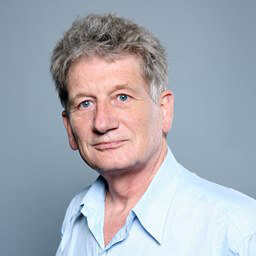
James McCarthy
Secretary
James McCarthy leads a multidisciplinary research team at the Queensland Institute of Medical Research undertaking research in human parasitology and translational research in tropical medicine. He holds a senior leadership position at QIMR, as Head of the Programme of Infectious Diseases, and serves as the QIMR representative in the Australian Infectious Diseases Research Centre. He is a Senior Consultant Physician in Infectious Diseases at the Royal Brisbane and Womens Hospital, and a Conjoint Professor of Medicine at The University of Queensland. His research areas include using experimental human malaria infection to improve the understanding of the pathogenesis of malaria and to develop new diagnostics, drugs and vaccines, improving the diagnosis and treatment of scabies and intestinal helminth infections and clinical trials of new drugs and vaccines for infectious diseases.
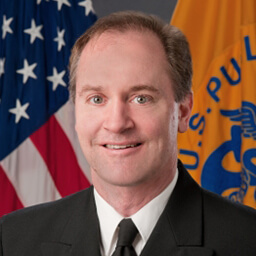
Paul Cantey
Paul Cantey is a medical epidemiologist and the acting chief of Parasitic Disease Branch in the Division of Parasitic Diseases and Malaria. Dr. Cantey began at the U.S. Centers for Disease Control and Prevention (CDC) as an Epidemic Intelligence Service (EIS) officer in the Parasitic Diseases Branch (PDB). After completing EIS, he joined the Immigrant, Migrant and Refugee Health Branch for one year and then returned to PDB. While in PDB he has been involved in research, investigations, or programmatic work involving a number of parasitic diseases. His major focus has been onchocerciasis, implementing studies in Uganda, Ethiopia, the Democratic Republic of Congo, the United Republic of Tanzania, and Togo in collaboration with CDC colleagues, the African Field Epidemiology Network, and partners in national Neglected Tropical Disease programs. For three years he served as the medical officer for onchocerciasis and scabies at the World Health Organization. Dr. Cantey earned his BS in Biology at the University of North Carolina at Chapel Hill, his MD from Emory University, and his MPH in Epidemiology at the Rollins School of Public Health. He completed a residency in internal medicine at Emory University and then joined the Emory Faculty for 6 years, where he taught medical students and residents at Grady Hospital. He left Emory in 2007 to begin working at CDC.